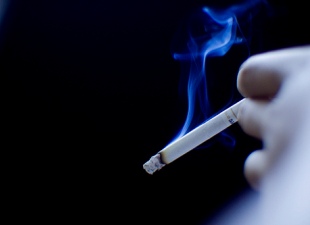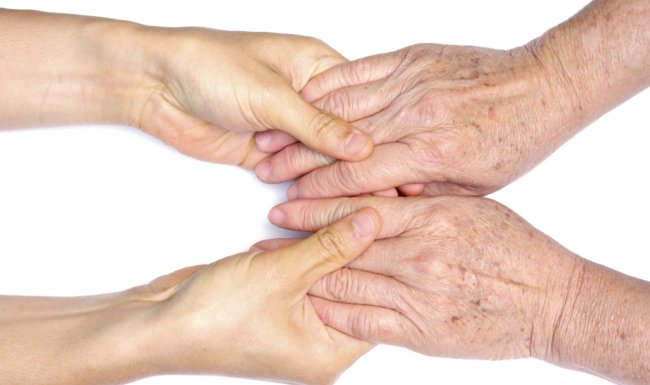
AsianScientist (Jan. 31, 2012) – A new study shows the production of sperm is more biologically taxing than previously thought, challenging the traditional view that sex and sperm production come cheaply to males.
In research published in PLoS ONE, Dr. Damian Dowling of Monash University’s School of Biological Sciences and Professor Leigh Simmons of the University of Western Australia have investigated the trade-off between sperm quality and immunity.
The researchers used the Australian cricket, Teleogryllus oceanicus to prove that the production of quality sperm is expensive and males are strategic about investing energy in the biological process.
Dowling said investigations into life history trade-offs – investment in reproduction versus future reproduction and survival prospects – have historically focused on females.
“This study challenges the traditional view that sex, and sperm production, come cheaply to males. It is typically thought that females must invest heavily into reproduction, whereas males can freely produce millions of high-quality, tiny sperm on demand, with few costs,” Dr Dowling said.
“Here we show that the costs are in fact large, and these costs dictate how much effort a male will devote into any given sexual encounter.”
The crickets were housed either with sexually immature females, sexually mature females incapable of reproduction, or sexually mature females capable of reproduction. Sperm quality was measured twice and immune function once during the experiment.
Male crickets were more likely to produce high quality sperm when housed with sexually mature females with whom they could mate, indicating a strategic investment of energy, said Dowling.
The researchers also found that production of quality sperm appeared to have a negative effect on the crickets’ immune systems.
“Males that invested heavily in their sperm paid the price of being more likely to succumb to a bacterial infection. And we are not talking about STDs here – we are talking about how increased investment into the quality of the ejaculate corresponds with general reductions in immune function,” Dowling said.
The article can be found at: Dowling DK et al. (2012) Ejaculate Economics: Testing the Effects of Male Sexual History on the Trade-Off between Sperm and Immune Function in Australian Crickets.
——
Source: Monash University.
Disclaimer: This article does not necessarily reflect the views of AsianScientist or its staff.












